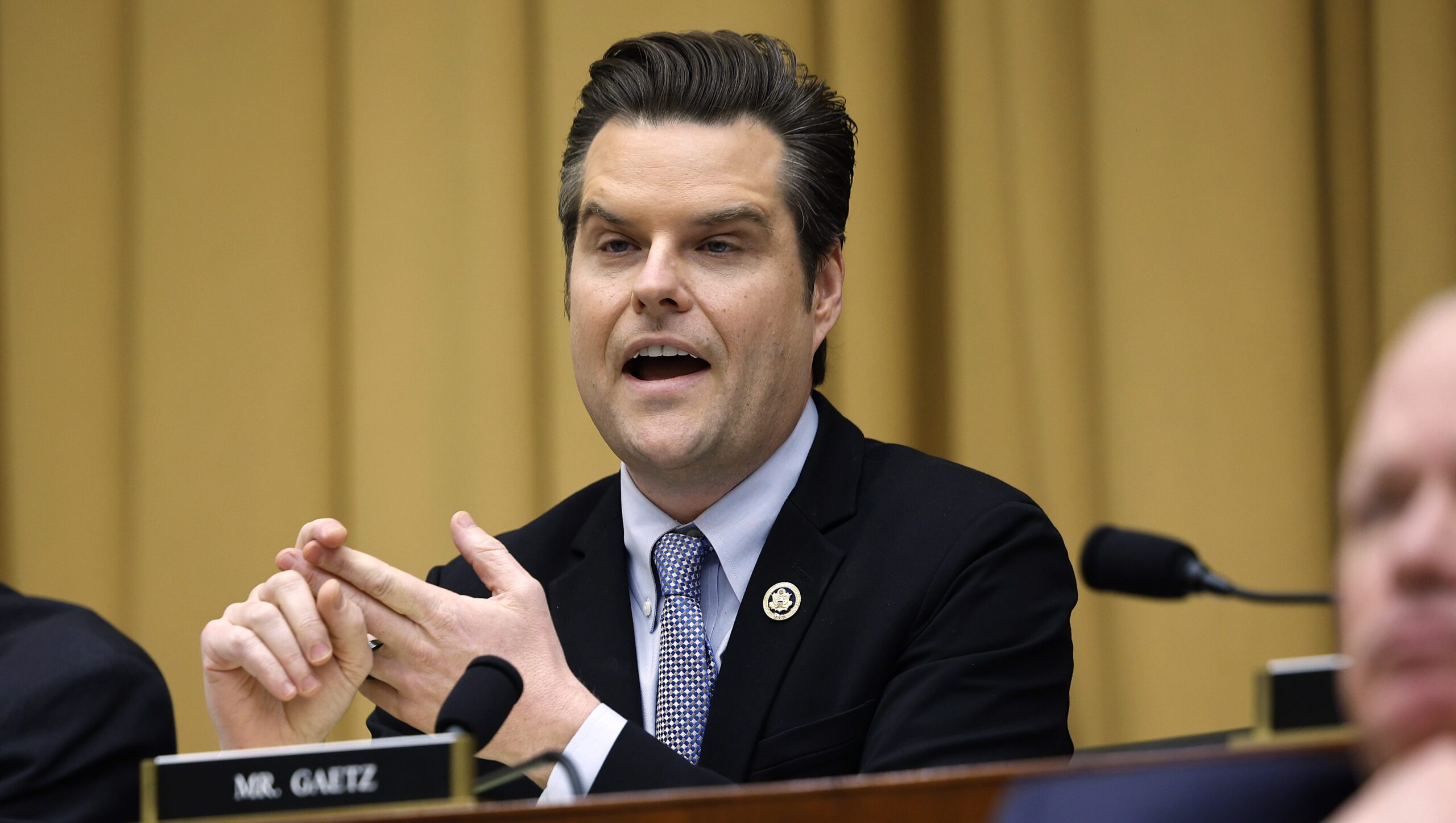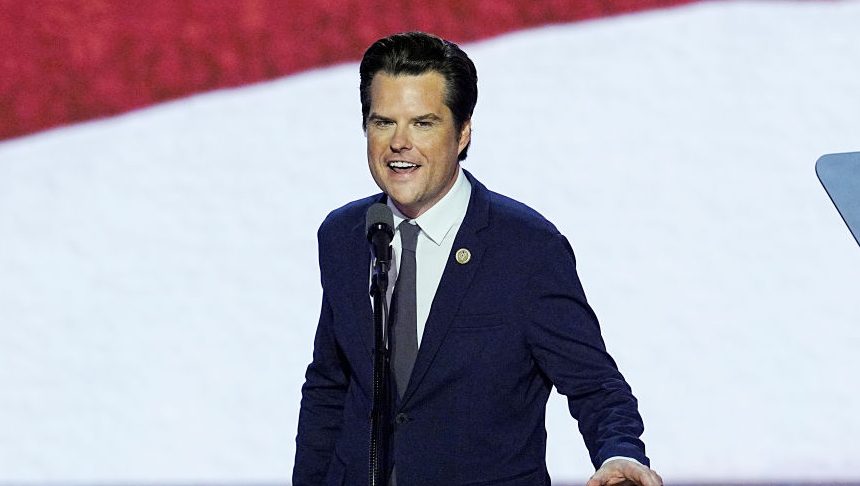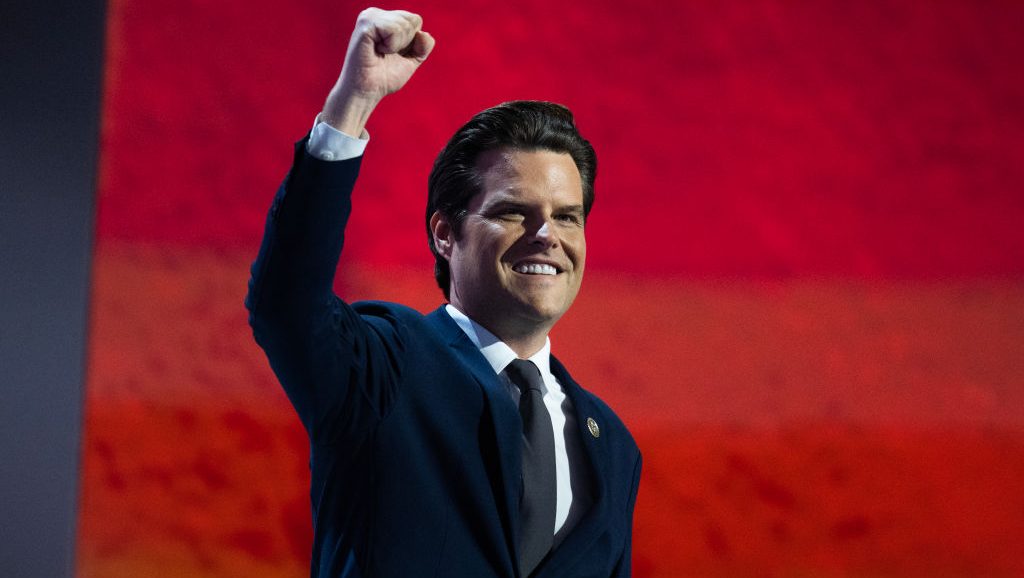Documentary filmmakers and business leaders gathered at this 12 months’s Worldwide Documentary Movie Competition Amsterdam to debate “independence and resistance in occasions of repressive populism” on the pageant’s yearly Europe Convention in partnership with French public broadcaster Arte. IDFA’s inventive director Orwa Nyrabia launched the convention by highlighting the “rising success” of populist actions in Europe and the world over and the way they recognise filmmakers “as their enemy.”
“They in a short time notice that tradition just isn’t their buddy and that documentary individuals are their fundamental enemy as a result of we are inclined to criticize instantly. They need to not have the facility to cease us,” he mentioned.
Nyrabia added that there are additionally instances “like in Germany” the place it’s “not even right-wing, however left-wing that’s silencing voices,” occurring to say the latest episode the place the official Berlin metropolis portal described the Israeli-Palestinian documentary “No Different Land,” co-directed by Israeli journalist Yuval Abraham, as having “anti-Semitic tendencies” forward of the movie’s launch in Germany. A number of days later, new Berlinale director Tricia Tuttle launched a press release in help of the movie.
“I need to be clear that I don’t contemplate the movie, or statements made by co-directors, Palestinian Basel Adra and Israeli Yuval Abraham on the awards ceremony of the Berlinale to be anti-Semitic,” the assertion learn. “I additionally consider that discourse which suggests this movie or its filmmakers are anti-Semitic creates hazard for all of them, inside and out of doors of Germany, and it’s important that we stand collectively and help them.”
“No Different Land” is screening at IDFA within the Better of Fests strand and it acquired a particular screening adopted by a Q&A with Nyrabia and Oscar-winning documentarian Laura Poitras. Nyrabia known as the movie “therapeutic,” and mentioned it’s “being accused of being anti-Semitic whereas it’s doing the other.”
The topic of movies criticizing the Israeli regime lately being labeled as anti-Semitic got here up once more later within the dialog when one of many panelists, Israeli producer Osnat Trabelsi, bought a textual content message stay on stage saying that viewers members shouted “Nazi propaganda” at her IDFA-entry “The 1957 Transcripts” throughout one of many movie’s screenings on the pageant. She was visibly shaken by the replace, including, “Whenever you criticize Israel, that is what you might be accused of. And we’re from there.”
“The 1957 Transcripts” chronicles the bloodbath of 49 residents of the Palestinian village of Kafr Qasim who had been murdered in chilly blood by troopers of the Israeli Border Police in October of 1956. It options testimonies of survivors and historians plus a re-enactment of the navy trial of the troopers concerned, primarily based on lately launched transcripts.
Trabelsi spoke about feeling conflicted about whether or not or to not settle for public funding from her dwelling nation, which she known as “a democracy in disguise.” “[The Israeli government] likes to say we’re the one democracy within the Center East however it acts like an authoritarian regime. Within the final decade, it has grow to be troublesome to make movies criticizing the federal government. The documentary I’m exhibiting right here wouldn’t get funded immediately. We bought funded 10 years in the past.”
“There’s additionally censorship within the information in Israel,” continued the producer. “They don’t present what is going on in Gaza and the entire consciousness of the individuals is totally different than what you see [at IDFA].” Of navigating the complicated political waters of being an Israeli filmmaker making documentaries in regards to the Palestinian trigger, Trabelsi mentioned, “It’s troublesome because the perpetrator to make movies in regards to the victims. I solely do movies coping with Palestine if I’ve the proper to inform the story. [‘The 1957 Transcripts’] offers with protocols of the trial, in any other case I wouldn’t have advised the story. It’s about ethical selections, additionally.”
The producer just isn’t the one filmmaker conflicted about taking cash from her nationwide funding physique. Brazilian director Petra Costa, Oscar-nominated in 2020 for “The Fringe of Democracy” and at IDFA this 12 months with “Apocalypse within the Tropics,” recalled how in the course of the Jair Bolsonaro presidency from 2016 to 2020, the nationwide movie company would “punish the progressives by investigating and discovering ridiculous issues with filmmakers who had opposed the federal government. It was a political persecution, which is what makes me insecure to get state cash in Brazil immediately even when we’re beneath a democratic authorities.”
“What if we return in two years when I’ve been so crucial of the federal government?” she posed, occurring to recall how, on the day she bought the information of her Oscar nomination, she couldn’t have a good time as a result of she was trending on X, then Twitter, as a “traitor of the Brazilian authorities,” with a congressman and Bolsonaro supporter asking for her arrest for “betraying the nation.”
“We’ll see what is going to occur. [President] Lula is placing funding into tradition once more however it can take a very long time. Many filmmakers’ careers had been destroyed and it’s unsure what is going to occur in two years,” concluded Costa.
Salomé Jashi, a filmmaker and chairperson of the Documentary Affiliation of the Republic of Georgia, mentioned that “there isn’t any alternative” on whether or not or to not conform to obtain public funds for documentary filmmakers in Georgia. By way of the affiliation, administrators have mounted a united entrance within the nation to say no to public funds. “We don’t need to collaborate with a authorities that marginalizes parcels of society like queer individuals,” mentioned Jashi. “It’s a measure of unity. Proper now, filmmaking is a political act. Even the place you purchase a espresso proper now’s political.”
When requested about potential options or options on easy methods to struggle in opposition to populism as documentarians, the filmmakers had been unsure about whether or not there are concrete options at hand, however all agreed that it’s “not sufficient” to make documentaries if audiences are usually not watching them. “Now we have to make extra effort to reconnect with grassroots activism as a result of in any other case, the working class turns into prone to this poison that’s fascism,” emphasised Costa.
The post Doc-makers Converse About Preventing the Rise of Populism appeared first on Allcelbrities.








